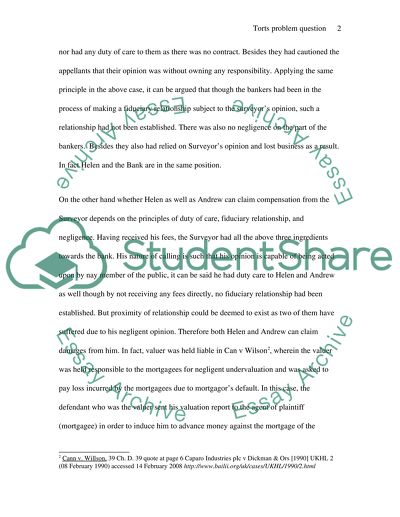Cite this document
(“Torts problem question-Negligent misstatements Case Study”, n.d.)
Retrieved from https://studentshare.org/law/1518674-torts-problem-question-negligent-misstatements
Retrieved from https://studentshare.org/law/1518674-torts-problem-question-negligent-misstatements
(Torts Problem Question-Negligent Misstatements Case Study)
https://studentshare.org/law/1518674-torts-problem-question-negligent-misstatements.
https://studentshare.org/law/1518674-torts-problem-question-negligent-misstatements.
“Torts Problem Question-Negligent Misstatements Case Study”, n.d. https://studentshare.org/law/1518674-torts-problem-question-negligent-misstatements.


